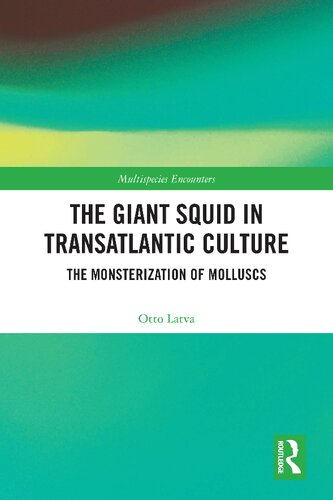

Most ebook files are in PDF format, so you can easily read them using various software such as Foxit Reader or directly on the Google Chrome browser.
Some ebook files are released by publishers in other formats such as .awz, .mobi, .epub, .fb2, etc. You may need to install specific software to read these formats on mobile/PC, such as Calibre.
Please read the tutorial at this link: https://ebookbell.com/faq
We offer FREE conversion to the popular formats you request; however, this may take some time. Therefore, right after payment, please email us, and we will try to provide the service as quickly as possible.
For some exceptional file formats or broken links (if any), please refrain from opening any disputes. Instead, email us first, and we will try to assist within a maximum of 6 hours.
EbookBell Team

5.0
28 reviewsThis book builds upon the extensive study of the historical relationship between sea animals and humans in transatlantic culture during the eighteenth and nineteenth centuries. It exposes the present understanding of the human relationship with the giant squid not only as too simplistic but also as historically inaccurate. For instance, it redefines the earlier understanding that humans and especially seafarers have understood giant squid as horror-evoking and ugly creatures since the dawn of history and explains the origins of mythical sea monsters such as the Kraken. The book is, however, more than a critical response to previous work. It will point out that animals such as cephalopods, which have largely been defined in biological contexts in recent times, have a fascinating and multivariate past, entangled with the history of humans in many remarkable ways. Hence, this book is not just about perceptions of giant-sized squid or cephalopods, but a historical inquiry into the transatlantic culture from the late eighteenth century to the turn of the twentieth century. It will provide new knowledge about the history of mollusc studies, seafaring culture and more broadly of the relationship between humans and animals during the period.